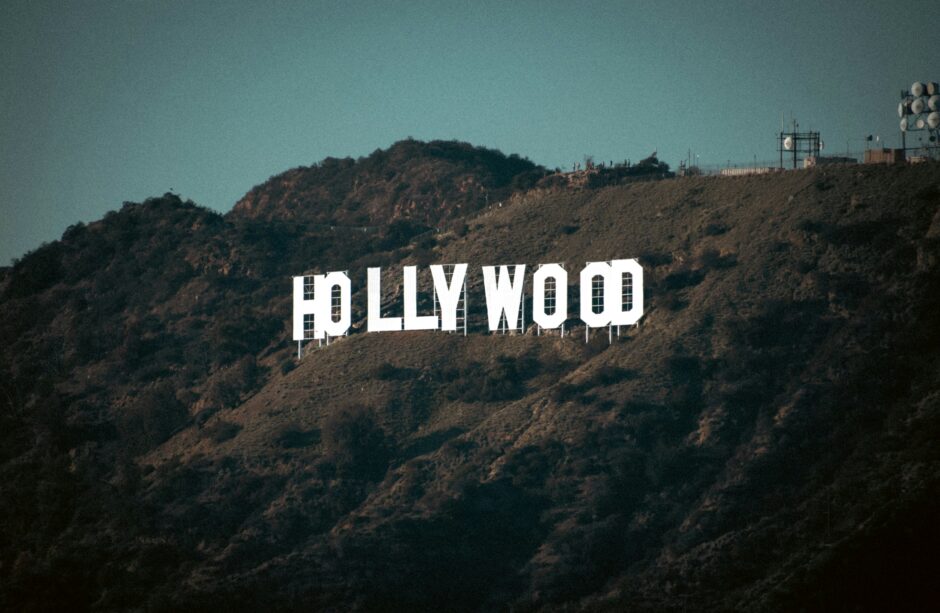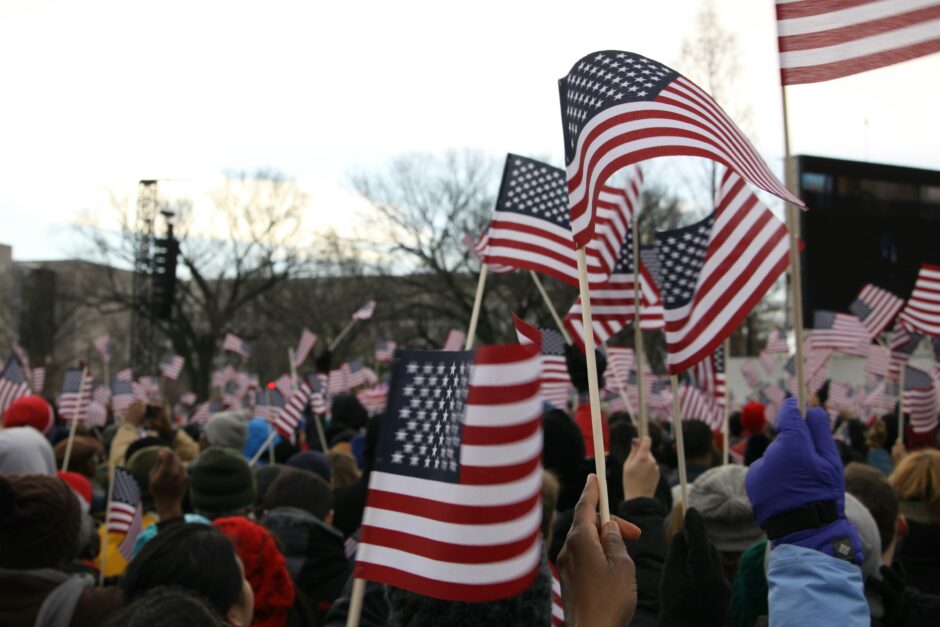The US presidential election is fast approaching, with polls showing a close race between the two candidates, Kamala Harris and Donald Trump. Let’s take a moment to reflect on how the presidential competition between these two began. Former President Donald Trump was indicted on multiple charges, four criminal counts, including conspiracy to defraud the US and conspiracy against the rights of citizens. He was also found guilty on all 34 charges of falsifying business records to cover up a payoff. Meanwhile, as Trump’s legal troubles unfolded, President Joe Biden’s support in the polls steadily declined. A series of mistakes and confusing statements during public appearances, combined with a weak performance in the first presidential debate made it evident that Biden was not the candidate who could secure crucial swing states in the 2024 election.
Shortly after Biden stepped down, Vice President Kamala Harris, an attorney with extensive political experience, entered the race. Since Harris joined the campaign, polling for the Democratic Party has improved, offering a renewed sense of hope for the Democrats and their chances. The campaign took a dramatic turn after an attempted assassination on Donald Trump this summer. A tense moment where Trump was whisked away to safety, defiantly raising a fist in the air and shouting, “Fight, fight, fight,” further cementing his image as a fighter among his supporters. Following the incident, which some viewed as a sign of divine protection, Trump was symbolically considered with a near-saintly status by segments of Trumps following.
Both campaigns have been shaped by dramatic events—from Trump’s legal battles to Biden stepping aside and Harris taking the reins for the Democrats. However, beyond the candidates’ political maneuvers, the influence of public figures on modern elections has become increasingly prominent. In the age of digital communication, influential figures can have an impact on voter behavior, especially now when social media and public personas play a key role in shaping public opinion. Massive followings on social media platforms like Instagram and X (formerly known as Twitter) can quickly amplify a candidate’s message to millions of people. Popular figures can help shape public perception by presenting a candidate in a positive light, highlighting specific policies and urging voters through their platform to support and vote for the ‘right candidate’. These are all facts that the US presidential candidates are very much aware of. This celebrity impact is not a new thing in the US, for more than a century, influential figures have supported presidential campaigns. From Frank Sinatra in the 60s and Barbra Streisand in the 90s to Beyonce in the early 00s.
Celebrities have recently been weighing in on the 2024 presidential race in various ways, with both political figures and Hollywood stars endorsing and getting behind candidates in hopes of influencing the outcome in November. One example is major Democratic fundraiser George Clooney, who initially urged President Biden to step aside in a New York Times essay and has since expressed his support to Kamala Harris.

Celebrity endorsements often gain heightened attention during election, but the question remains: how much influence do they actually have on voters? This summer, for instance, the “Kamala is brat” phenomenon, a viral meme started by British pop artist Charli XCX, helped Harris connect with younger voters. Charli XCX tweeted “kamala IS brat,” leading Harris’ campaign to adopt the meme’s style, even updating their social media branding to reflect the pop star’s signature green background. Taylor Swift—arguably the biggest celebrity in the world—has also entered the political conversation, when in an Instagram post in September, hours after the first presidential debate, she declared her support for Harris using her massive social media platform to amplify key issues.
Another prolific persona who is showing his support for Harris is Barack Obama. The 44th president of the United States, who was the first African American president and gained widespread popularity for his charismatic leadership and inspiring speeches, remains a highly influential figure in American politics even after his presidency. Obama, in this October alone, has taken part in multiple rallies for the Harris campaign and in his interviews he urges the US people to vote for her. Trump on the other hand has brought in Elon Musk to the final weeks of his presidential campaign. Musk often described as one of the most controversial figures in the tech world is a billionaire entrepreneur, engineer and investor best known for founding several influential companies like Tesla and SpaceX. Elon Musk turned up at a rally in Pennsylvania together with Trump to show his support for the Trump campaign while also funding Trump’s campaign with tens of millions of dollars, and using his platform X to spread Trump’s message.

While celebrity endorsements can sway voters, they tend to be most persuasive for those who are still undecided. People who aren’t fully committed to a candidate or a specific stance might be influenced by a high-profile figure like Taylor Swift. However, on deep beliefs such as gun control, or abortion, where people’s views are firmly set, even Taylor Swift is unlikely to change minds. Whether her involvement will have a significant impact on the overall race remains to be seen, but her influence in shaping the conversation is undeniable. Harris is under intense pressure and will be closely watched by voters who have not yet made up their minds and may be looking for a reason to vote for her.
As we head into the 2024 race, the impact of celebrity endorsements remains difficult to measure, but they continue to be a notable force in modern elections. In the weeks leading up to the election, the path forward is uncertain. Both campaigns are ramping up their strategies for the final push, with more rallies and ads expected to flood the media. As the candidates engage in a final sprint toward election Day, the outcome remains too close to call, making every policy announcement, celebrity endorsement, debate performance, and campaign move critical to their success, with the future direction of the country hanging in the balance.



